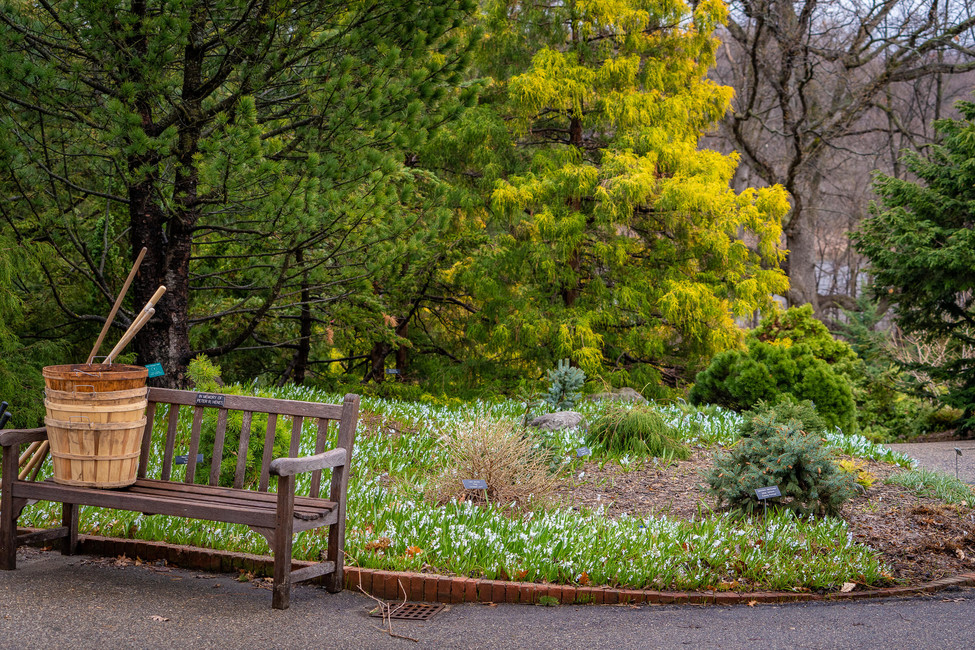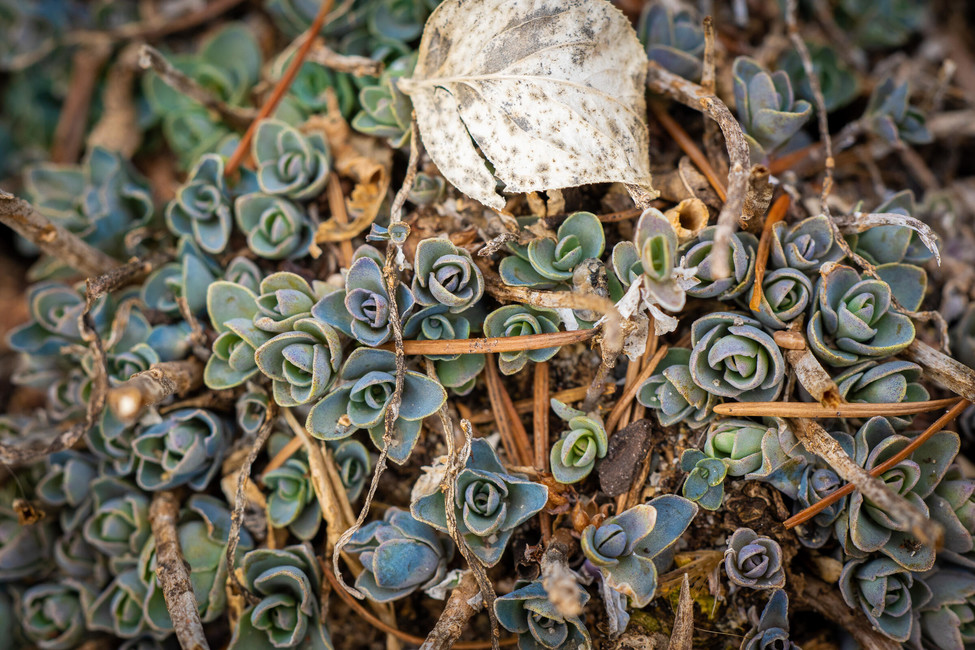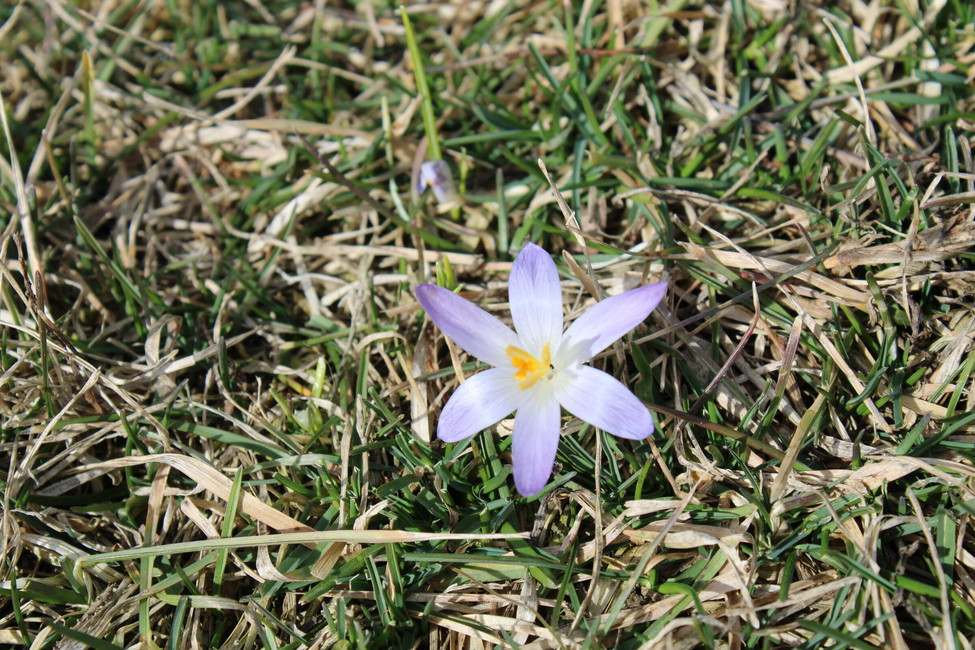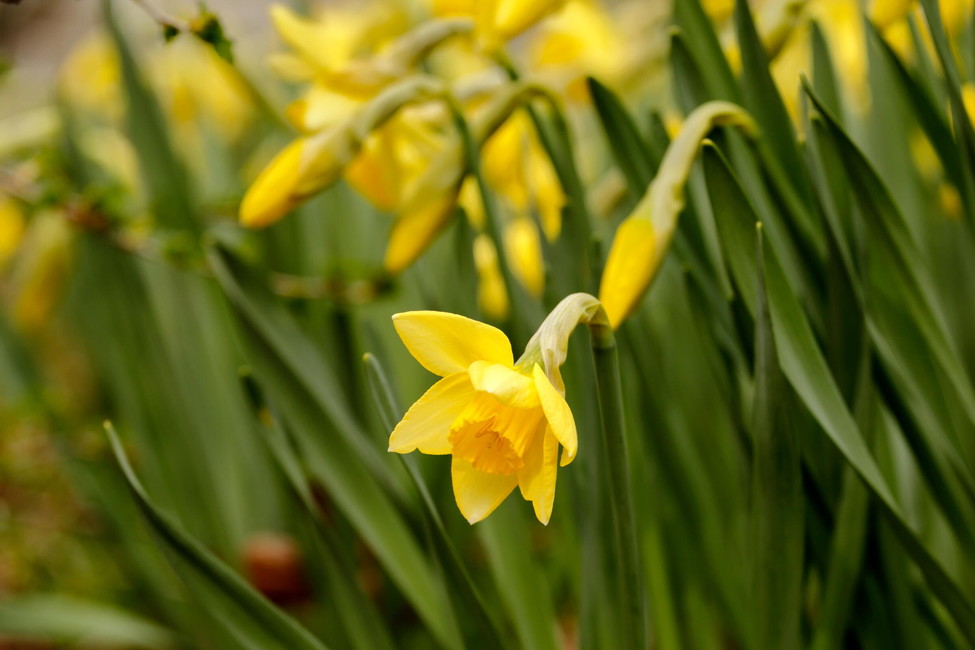Jean Larson
If you have been reading my monthly posts on the Nature Notes blog, you’ll know that a mounting body of research shows that spending time in nature has positive impacts on human health and wellbeing. Research suggests time in nature influences how happy we are, how we perform at work and even how long we live.
In fact, a new study from Northwestern University found that having access to green space near your home can extend your life by two and a half years. WOW — two and a half years added to life expectancy is amazing! Just think about the significant implications the findings from this study will have for urban planning in terms of expanding green infrastructure to promote public health and reduce health disparities.
Another study, published last year by researchers in Finland, looked at the effect of spending time in nature on the need for certain medications. In this cross-sectional study based in the Helsinki capital region of Finland, scientists found those who visited green space often had a lower frequency of psychotropic, antihypertensive and asthma medication use. Specifically, they found those who visited green space three to four times per week had 36% reduced odds of using blood pressure pills, 33% reduced odds of using mental health medications and 26% reduced odds of using asthma medications.
Your visits to the Arboretum, and other nearby green spaces, are not only good for you, but are good for the planet, too. Recent research suggests individuals who spend more time in nature tend to be both healthier and more inclined toward acknowledging and confronting challenges related to planetary health.
So what are you waiting for? Get outside and start building a relationship with nature — it’s your path to better personal and planetary health.
For more information, check out the documentary Live to 100: Secrets of the Blue Zones on Netflix.
Dr. Jean Larson is the manager of Nature-Based Therapeutics and Nature Heals Initiative at the Minnesota Landscape Arboretum and is faculty lead of the Nature-Based Therapeutic Studies at the Earl Bakken Center for Spirituality and Healing of the University of Minnesota.
Cover photo by Jason Boudreau-Landis



